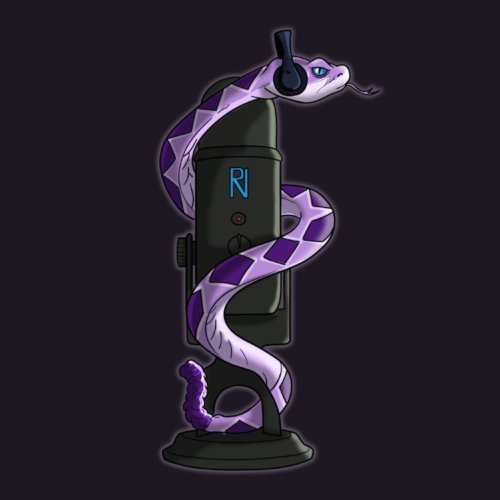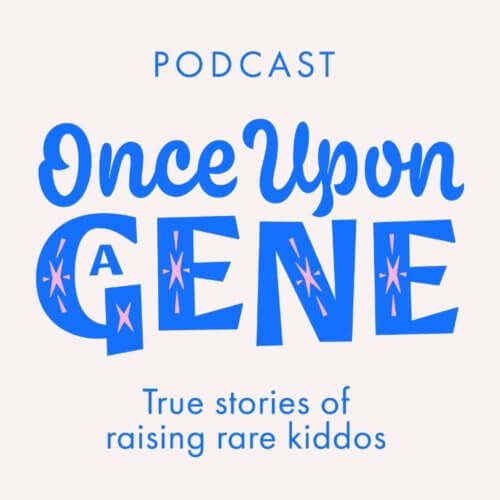Tips for Thriving with Young Onset Parkinson’s Disease – WPC2019 | 9
In June, I will be traveling to Kyoto, Japan for the 5th World Parkinson Congress(WPC). WPC is a global Parkinson’s event that opens its doors to all members of the Parkinson’s community, from neurologists and researchers to those living with the disease. Since my diagnosis in August 2017, I’ve launched the podcast When Life Gives YouParkinson’s. As an extension of that podcast, I have teamed up with the World Parkinson Coalition to help preview WPC2019.
At the congress, there will be many sessions, workshops and round tables focused on issues unique to people with Young Onset Parkinson’s Disease (YOPD). A person is typically diagnosed with Parkinson’s at the age of 60. If you are diagnosed under the age of 50, you are considered YOPD. Reports vary, but the Michael J. Fox Foundation says somewhere around 10% of Parkinson’s patients fall into this category. On the podcast, fellow YOPD patients Emma Lawton and Rebecca Miller share their experiences living with the disease and offer tips around finding happiness, parenting and working with PD. Both were diagnosed at the age of 29 and will be speaking at WPC2019.
Three months after her diagnosis in 2013, Emma Lawton suddenly stopped going out and doing anything, because she didn’t know how to talk about it. “I was making my life worse by letting Parkinson’s make me feel the way I was letting it feel,” said Lawton. “I was actually letting it win and it was stopping me from going out and doing stuff.”
Upon reflection, Lawton believes she gave in too easily at the beginning and now realizes she’s in control of her life, her happiness and how she deals with PD. In January, in an effort to make up for lost days of happiness, she started seeking daily adventures through her “F— it List.”
Every day of 2019, Lawton is trying a new activity. She’s already been to a gun range, learned how to arrange flowers, and was shown how to be a crime scene investigator. The adventures are documented on YouTubeand her website. “I’m kind of hoping at the end of it to have something which shows me as a person what makes me happy, but also along the route might kind of inspire others to try and take control of their own happiness. Actually having something that makes me work on my own happiness and work my own well-being is actually really important to me.”
Rebecca Miller has earned her PhD, is an assistant professor in the department of psychology of Yale School of Medicine, a single mother of a Kindergartener, and trying to juggle all of that with the progressing symptoms of Parkinson’s. “I really worried that I would have to stop working and that I wouldn’t be able to do my job. Ironically, it’s sort of actually in some ways at least for now propelled me further in my career.” Prior to PD, Miller’s goals didn’t include working her way along the faculty tract. Now she is working towards a promotion of Associate Professor and she’s writing more than she ever has.
How does she balance it all? “Oh, I think maybe the idea of a balance is a myth,” she said. “Iguess I do my best to do the juggle. So, it’s really about staying flexible, accepting help, asking for help — that is a real challenge for me.” Miller also focuses on prioritizing activities, “I know that I may not have so much energy during the day and at certain times of day.” In those moments, Miller says there is a decision to make, “What’s more important; going on my daughter’s field trip or working today? And just thinking, you know what? She’s never going to be in kindergarten again.”
Miller, like many parents with PD, feels guilty about not being able to always do the things her daughter wants her to do. She is beginning to chat about PD with her five-year-old, but just the very basics as she tries to match the conversation with where her child is developmentally, using language she understands and reassuring her at every step of the way.
Each episode of the WPC2019 Podcast, I check in with James Heron, the Executive Director of the Japanese-Canadian Cultural Centre. He teaches us words and phrases that will come in handy in Japan. This episode, Heron teaches us the phrase Nihon-go ga hanase masen, which means, “I can’t speak Japanese.”
Follow me, Larry Gifford
Twitter: @ParkinsonsPod
Facebook: Facebook.com/ParkinsonsPod
Instagram: @parkinsonspod
For more info on the World Parkinson Congress head to www.WPC2019.org
Facebook: Facebook.com/WorldPDCongress/
Twitter: @WorldPDCongress
YouTube: WorldPDcongress
Instagram: @worldpdcongress
Thank you to:
Emma Lawton. Follow her adventures here https://www.thef—itlist.com/, on YouTubeand Twitter
Rebecca Miller, PhD Assistant professor in the department of psychology of Yale School of Medicine
James Heron, Executive Director of Japanese Canadian Cultural Centre
































